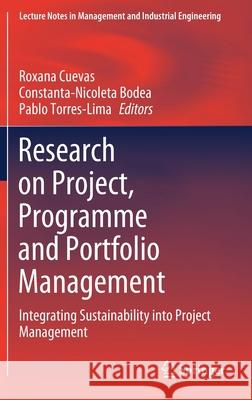Research on Project, Programme and Portfolio Management: Integrating Sustainability Into Project Management » książka
topmenu
Research on Project, Programme and Portfolio Management: Integrating Sustainability Into Project Management
ISBN-13: 9783030601386 / Angielski / Twarda / 2020 / 316 str.
Research on Project, Programme and Portfolio Management: Integrating Sustainability Into Project Management
ISBN-13: 9783030601386 / Angielski / Twarda / 2020 / 316 str.
cena 615,15
(netto: 585,86 VAT: 5%)
Najniższa cena z 30 dni: 578,30
(netto: 585,86 VAT: 5%)
Najniższa cena z 30 dni: 578,30
Termin realizacji zamówienia:
ok. 16-18 dni roboczych.
ok. 16-18 dni roboczych.
Darmowa dostawa!
Kategorie:
Kategorie BISAC:
Wydawca:
Springer
Seria wydawnicza:
Język:
Angielski
ISBN-13:
9783030601386
Rok wydania:
2020
Wydanie:
2021
Numer serii:
000475392
Ilość stron:
316
Waga:
0.63 kg
Wymiary:
23.39 x 15.6 x 1.91
Oprawa:
Twarda
Wolumenów:
01
Dodatkowe informacje:
Wydanie ilustrowane











